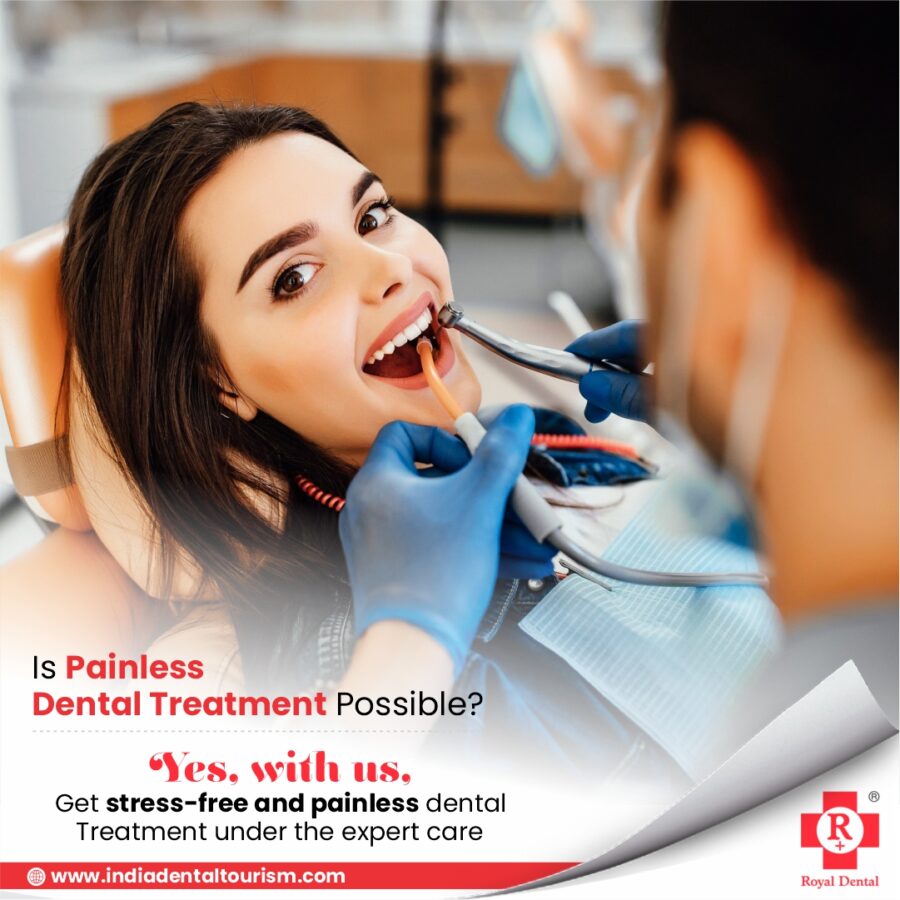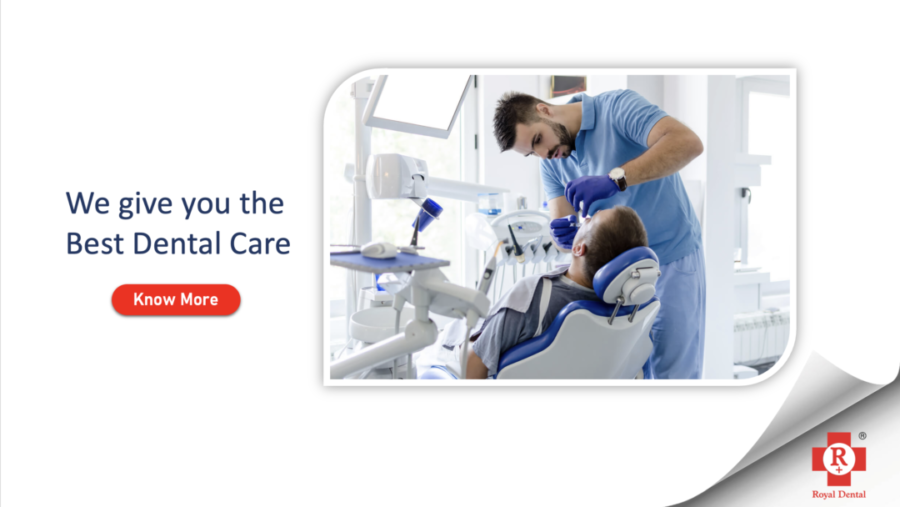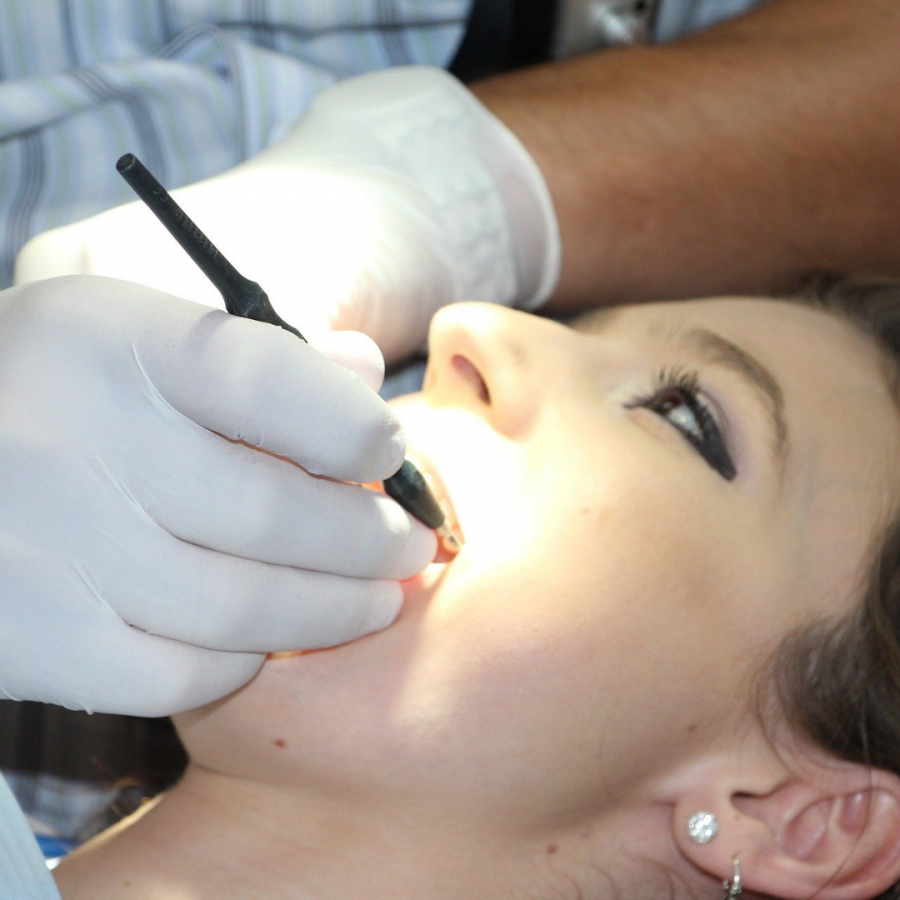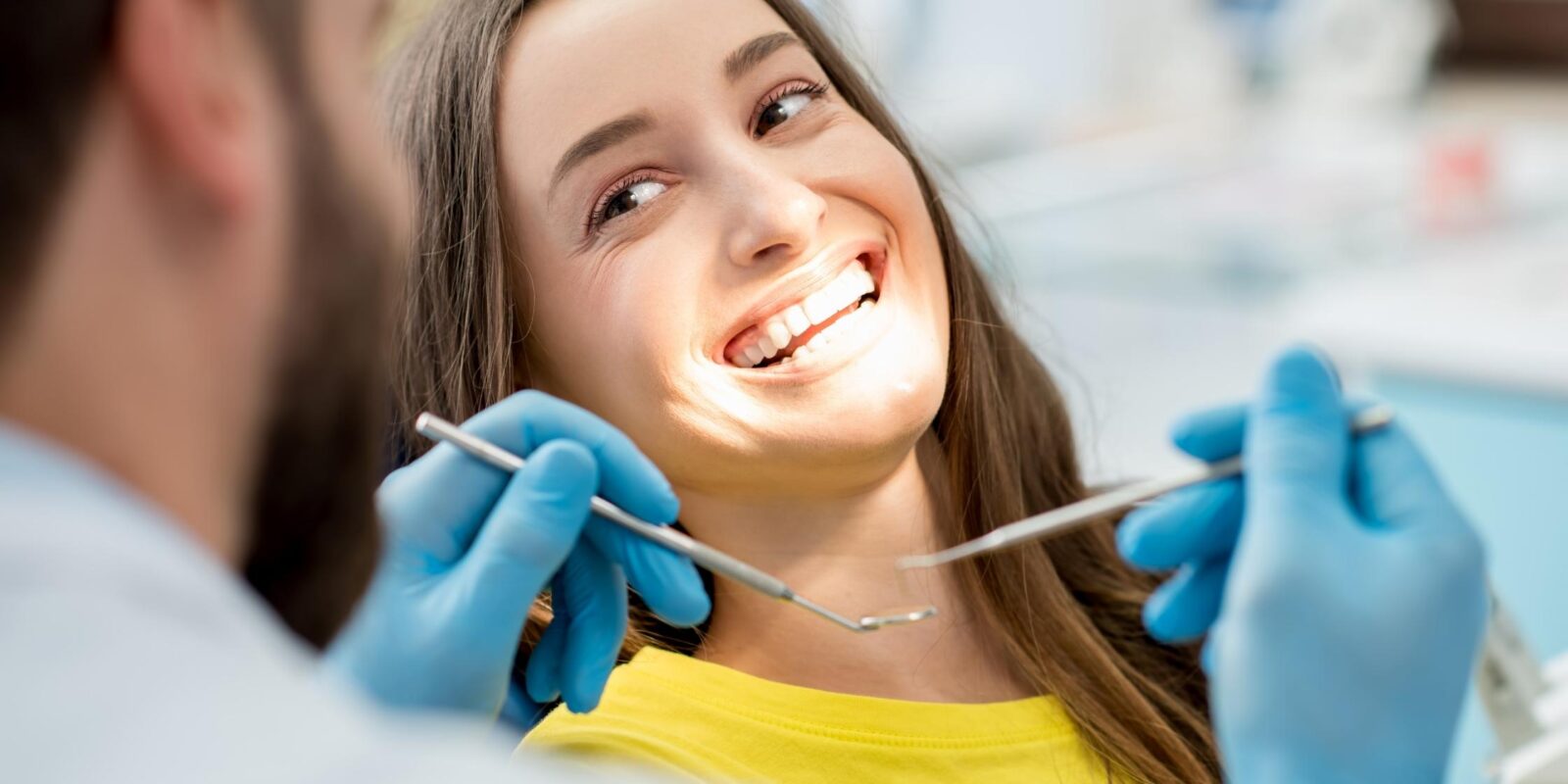When you visit the dentist, they ask you lots of questions about your habits and general well-being. Are you flossing every day? Are you cutting back on sugar and sweets? Do you take any medication? What about fruit and veg – do you have five portions a day? If you don’t know the answers to these questions, it’s not because the dentist thinks that they are unimportant. You see, dentists know from experience that the way we look after our teeth can have a direct impact on the state of our oral health. The more attention we give our pearly whites, the less likely we are to develop cavities or other dental problems. But it isn’t just about knowing what foods are good for us; as a patient of this practice, you have also signed up to follow their recommendations regarding how often to come in for check-ups and treatments.
What happens at a dental check-up visit?
A dental check-up can be done as a preventative measure. It is a thorough oral examination of the teeth and surrounding areas to ensure there is no sign of disease. During this examination, your dentist will ask you about your oral health history. They will also look for cavities, plaque, gingivitis, and any other oral health issues. The dentist will also check your bite and alignment, as well as your oral hygiene.

They will look at your diet and ask you questions about your regular habits. They may also perform a soft tissue exam in which they look at the gums, cheek, and tongue. At the end of the visit, the dentist will go over your findings and discuss the next steps. They may recommend a treatment plan or suggest that you make changes to your diet and exercise.
Dental check-up FAQ
1 . Is a dental exam expensive?
No, dental exams are not expensive. They will usually cost anywhere between $100 and $300. This cost can vary depending on where you live and the type of dental practice you visit.
2. What should I do the night before a dental exam?
There are a few things you can do to prepare for a dental exam. One of the most important things is to make sure that you are not eating anything the night before. This is because your saliva flow decreases at night. This can cause bacteria in your mouth to turn into acids, which can damage your teeth.
3. Do I need a dental exam if I have good dental hygiene?
Yes, even if you have excellent dental hygiene, a dental exam is necessary. During a dental exam, your dentist will look for signs of disease, such as cavities and gum disease, that you can’t see.
4 . Is it normal to feel anxious during a dental exam?
Yes, some patients experience anxiety during a dental exam. If you are one of these patients, you should let your dentist know. Your dentist will likely make accommodations for you, such as providing nitrous oxide during your exam.
5. Should I wear a mouthguard while playing sports?
Yes, wearing a mouthguard while playing sports is a good idea. Wearing it while not playing sports is also recommended. A mouthguard can help prevent dental injuries and keep your teeth in good condition.
Why is it important to visit dentist regularly?
A dental exam is the only way to know for certain that you don’t have any cavities. Your dentist can also help you to improve your oral health. They can see changes in your oral health as early as 6 months after you start making changes to your diet and daily habits. This means that a dental visit can be a good time to talk about ways to prevent tooth decay and gum disease.

Your dentist will also be able to tell you if you need any treatment. This can include corrective work such as teeth whitening or dental implants. They can also offer advice on how to prevent further damage, such as using fluoride treatments to strengthen your teeth.
Dentists will ask you during dental visit
1. Is there anyone in your family who has had dental issues?
Yes, family history is important when discussing dental health. Certain oral diseases such as cavities and gum disease are genetic. Having a parent or relative who has suffered from gum disease can increase your risk of developing it. –
2. Do you brush your teeth regularly?
If you don’t brush your teeth regularly, your dentist will talk to you about implementing a daily routine. If you already brush your teeth twice a day with fluoride toothpaste, your dentist will probably ask you to increase the frequency. –

3. Do you floss every day?
Flossing is an essential part of dental care. It helps to remove dental plaque between the teeth and under the gum line. If you don’t floss every day, your dentist will likely talk to you about making it a daily habit. –
4. Do you drink enough water?
Drinking water is good for your teeth, but you should also drink water with a slice of lemon. Lemons have citric acid and calcium, which can prevent tooth decay.
Cut back on sugar!
If you love eating sweets and sugary snacks, your dentist will definitely recommend that you cut back on sugar. Consuming too much sugar can increase your risk of developing cavities. If you have already developed cavities, cutting back on sugar can help to prevent tooth decay. Your dentist will also recommend that you stop drinking sugary beverages. This includes soda, sweetened tea, and energy drinks. Dentists recommend that you drink plenty of water to keep your mouth hydrated and prevent tooth decay.






